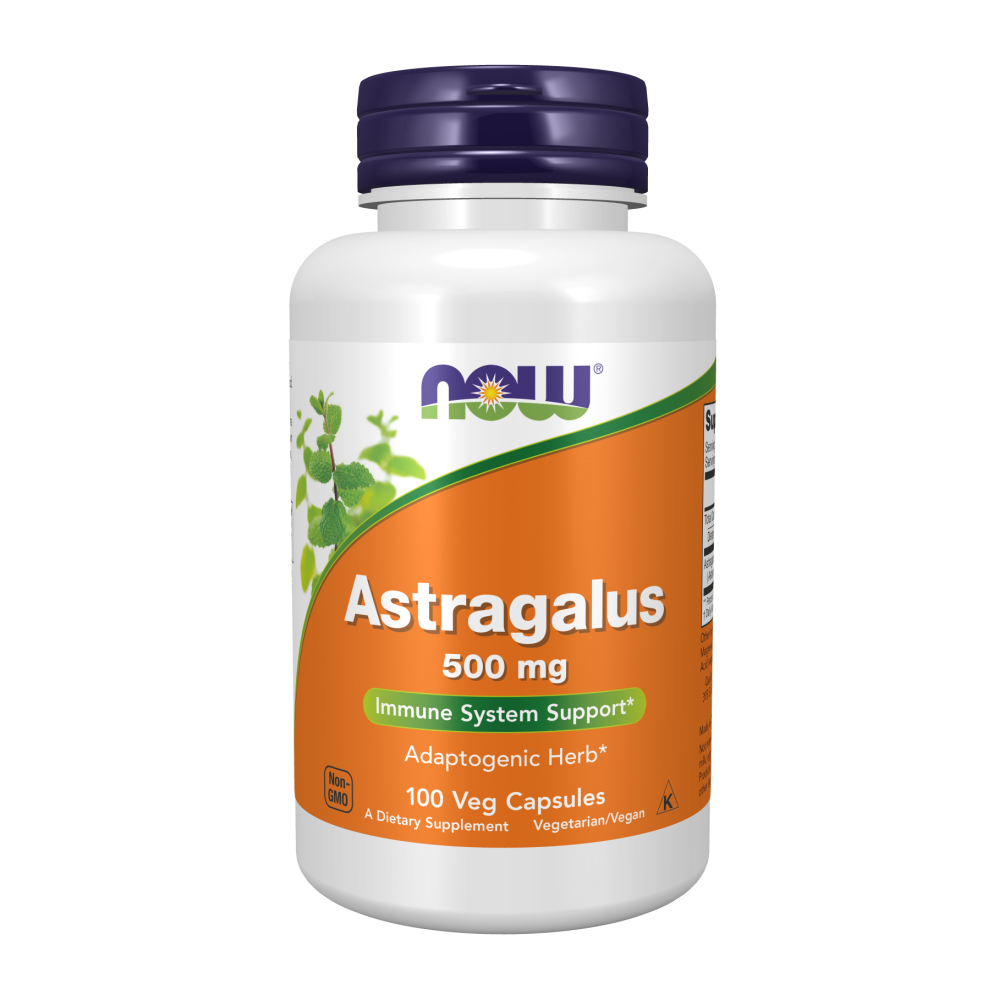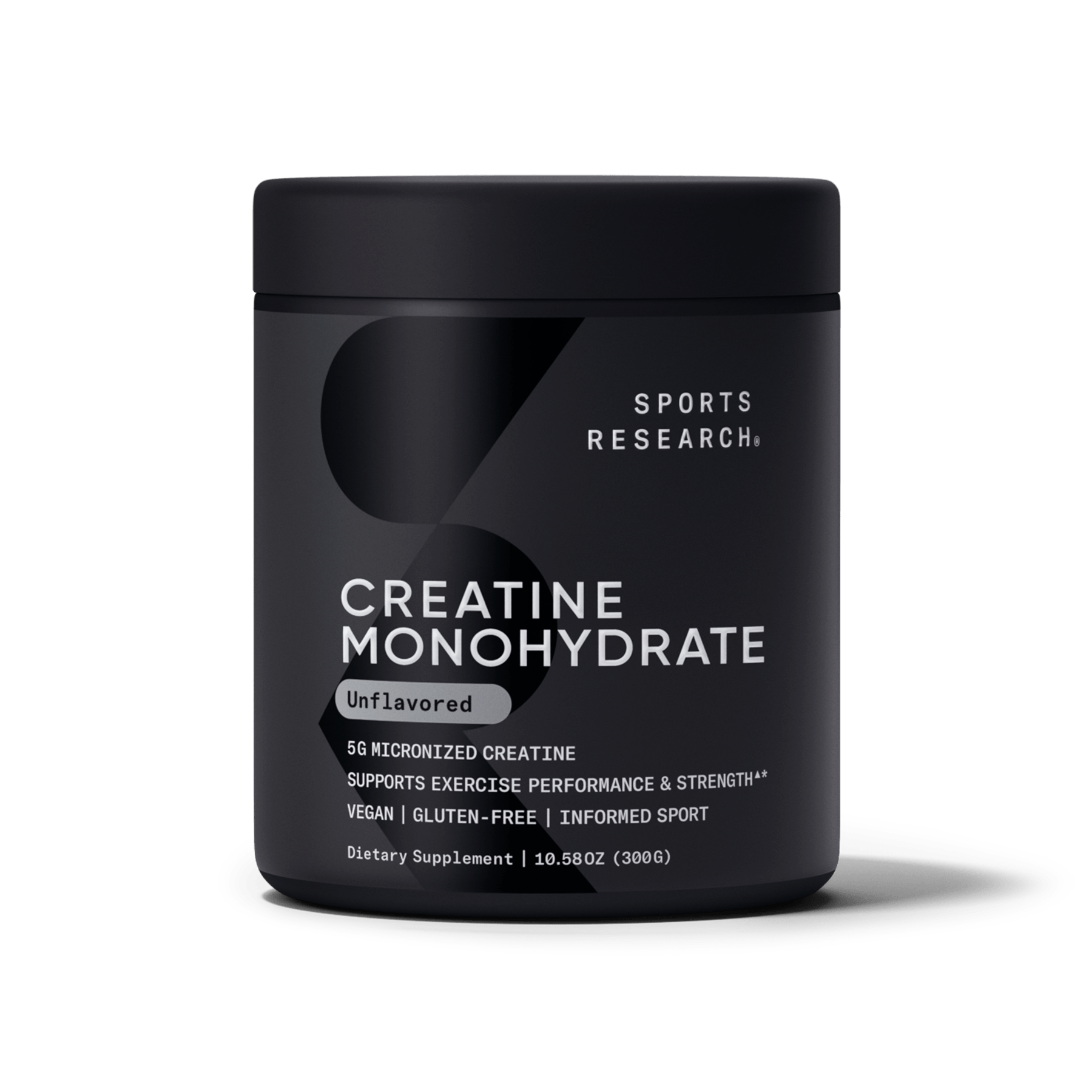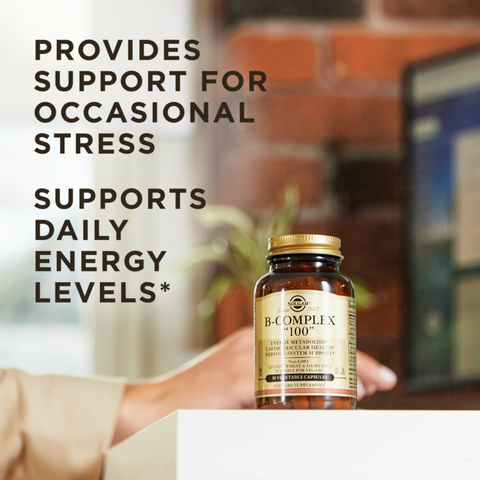
Feeling run down, constantly tired, and unmotivated? You’re not alone. Keep reading to learn common causes of fatigue and a few simple ways to optimise your energy.
WHAT IS ENERGY?
There are many definitions and perspectives on the term “energy”, but when it comes to what drives your body, it’s Adenosine Triphosphate (ATP). ATP is essentially the energy currency of our cells. Similar to money in the bank, the body can store energy as ATP and can withdraw energy from ATP to pay for cellular processes like muscle contractions or nerve impulses. Our bodies make ATP by burning basic fuel sources: sugar, fat and sometimes protein. This mainly takes place in tiny mitochondria powerhouses within our cells.
5 COMMON CAUSES OF FATIGUE
There are numerous factors that can contribute to feeling fatigued. Having so many variables often makes it difficult to identify the exact cause of fatigue. To help provide more clarity, we have outlined five of the most common causes of fatigue below.
1. NUTRIENT DEFICIENCIES
“You are what you eat”, and more specifically, “you are what you absorb”. Nutrient deficiencies can stem from low intake as well as poor digestive health interfering with absorption of nutrients. The most important nutrients to help support energy levels are iron, B vitamins (especially B12), and vitamin D.
IRON
Our red blood cells need iron to carry oxygen to all the other cells in our body. Oxygen is essential for energy production, particularly in our brain and muscle cells. This is why people commonly feel tired, weak and foggy-headed when their iron is low.
B12
Your red blood cells also require B vitamins, particularly B9 and B12, to be formed properly and therefore distribute oxygen efficiently.1 B-vitamins are also essential for energy production pathways within our cells.
VITAMIN D
A deficiency in vitamin D can sap bone and muscle strength, leading to feeling weak and heavy.
OTHER NUTRIENT DEFICIENCIES
There are many other micronutrients that are needed by our ATP-producing pathways to help sustain energy. These include vitamin C, zinc, magnesium and vitamin B1, B2, B3, B5 and B6.
2. TOO MUCH OR TOO LITTLE EXERCISE
This is the true Goldilocks conundrum: exercise enough but not too much. Exercise trains the little mitochondria powerhouses within our cells to make more ATP. Not only that, recurrent exercise can actually increase the number and size of mitochondria within our cells, which increases our cells capacity to make energy.
Too much of a good thing is true when it comes to exercise. Over-exercising can lead to fatigue, physical pain and dehydration, and can deplete our bodies of micronutrients through increased metabolic demand.
3. POOR SLEEP QUALITY
A good quality sleep is crucial for feeling good day-to-day. When people don’t sleep well, they often experience poor memory, difficulty focusing, slow thinking, mood changes, and a lack of energy.
4. CHRONIC STRESS AND MOOD CHANGES
It takes energy to keep that hamster wheel turning in your brain. Our bodies go through increased metabolic and enzymatic demands during periods of chronic stress. These demands can burn through micronutrient stores that are essential for optimal mental and physical function. Chronic stress can also lead to emotional exhaustion, where people can feel emotionally worn out, drained and stuck.
5. DEHYDRATION
Water is essential for transporting vital nutrients to your cells and removing waste products. If there isn’t enough water in your body, the highway of nutrient delivery can slow down and interfere with cellular function and energy production.
5 WAYS TO SUPPORT ENERGY WHEN YOU EXPERIENCE DAILY FATIGUE
There are many factors that can interfere with energy levels, but the good news is there are also many ways you can support energy. Read on to learn which dietary choices, lifestyle changes and supplements can help you feel more energised.
1. MAKE SURE YOU’RE GETTING ENOUGH NUTRIENTS IN YOUR DIET.
Eating a well-balanced meal can help you take in more energy-supporting nutrients. What does that look like? Harvard recommends the Healthy Eating Plate:
- Fill half your plate with leafy greens and colourful vegetables and fruits.
- Skip the simple carbs and go for whole grains like quinoa, brown rice, whole wheat or oats. Whole grains should make up ¼ of your plate.
- Choose healthy proteins like fish, poultry, beans and nuts. Protein should make up ¼ of your plate.
- Use healthy plant oils, like olive oil, in moderation. Use plant oils in dressings or drizzle them over your meal.
It can be difficult to rely solely on food to get an adequate intake of nutrients. That’s why supplementing can help ensure your body is receiving enough vitamins and minerals to maintain energy.
OUR RECOMMENDED SUPPLEMENT:
Solgar® B-Complex 100: This broad spectrum B-complex provides your body with necessary B vitamins for energy metabolism, cardiovascular health and nervous system support.
2. IMPROVE DIGESTION TO INCREASE NUTRIENT ABSORPTION
We need a healthy digestive system in order to break down food and absorb its nutrients. For example, if you have low stomach acid, you may have a hard time absorbing vitamin B12, a crucial vitamin for energy production. Supplementing with vitamin B12 can help ensure your body is receiving this powerhouse vitamin.
OUR RECOMMENDED SUPPLEMENT:
Solgar® Methylcobalamin (Vitamin B12) 1000mcg Nuggets: Methylcobalamin nuggets contain a body-ready, active form of vitamin B12 to support energy production and nervous system health in a convenient nugget form.
3. GET ENOUGH EXERCISE DURING THE DAY
According to the Physical Activity Guidelines for Australians, adults should aim for at least 150 minutes a week of moderate-intensity or 75 to 150 minutes a week of vigorous-intensity aerobic physical activity. Moderate intensity includes brisk walking, water aerobics or biking on flat terrain. Vigorous intensity includes jogging, swimming laps, or biking on hills.
4. STAY HYDRATED
We need enough water to transport energy-supporting nutrients to our cells and to remove waste from our body. The National Academy of Medicine suggests an adequate daily water intake of about 13 cups and 9 cups for healthy men and women, respectively.
5. MANAGE STRESS AND IMPROVE SLEEP
Stress is inevitable in our day-to-day lives. Listed below are a few ways to help build resilience and reduce the negative effects of daily stress.
- Breathe: Practicing deep breathing techniques have been shown to reduce stress and improve mood.
- Build community: Finding a trusted family member, friend or professional to help you process your emotions can help reduce the impacts of stress.
- Move your body: Regular exercise has been shown to build emotional resilience to acute stress.
- Supplement: Sometimes our bodies need a little extra help to stay resilient during stressful times. We recommend Solgar® Magnesium Citrate Support to help alleviate occasional anxiety and stress.
-
Get adequate sleep: Getting enough sleep is important to fight daytime fatigue. The CDC recommends the following tips to improve sleep:
- Be consistent with your sleep patterns. Try going to bed and waking up at around the same time each night.
- Create a relaxing sleep environment. Make sure your bedroom is dark, quiet and a comfortable temperature.
- Remove screens from the bedroom including phones, TV’s and computers
- Avoid large meals, caffeine and alcohol before bed.
- Get some physical activity during the day to feel ready for bed at night.
KEY TAKEAWAYS:
- There are many factors that can contribute to daily fatigue including nutrient deficiencies, inadequate exercise, poor sleep, stress and dehydration.
- Certain lifestyle changes, dietary choices and supplements can help support energy.
THE BOTTOM LINE
Your food, digestion, sleep, exercise, stress levels, mood and hydration can all play a role in fatigue. The good news is there are simple lifestyle changes and restorative supplements you can start today to help get you feeling more energised.






